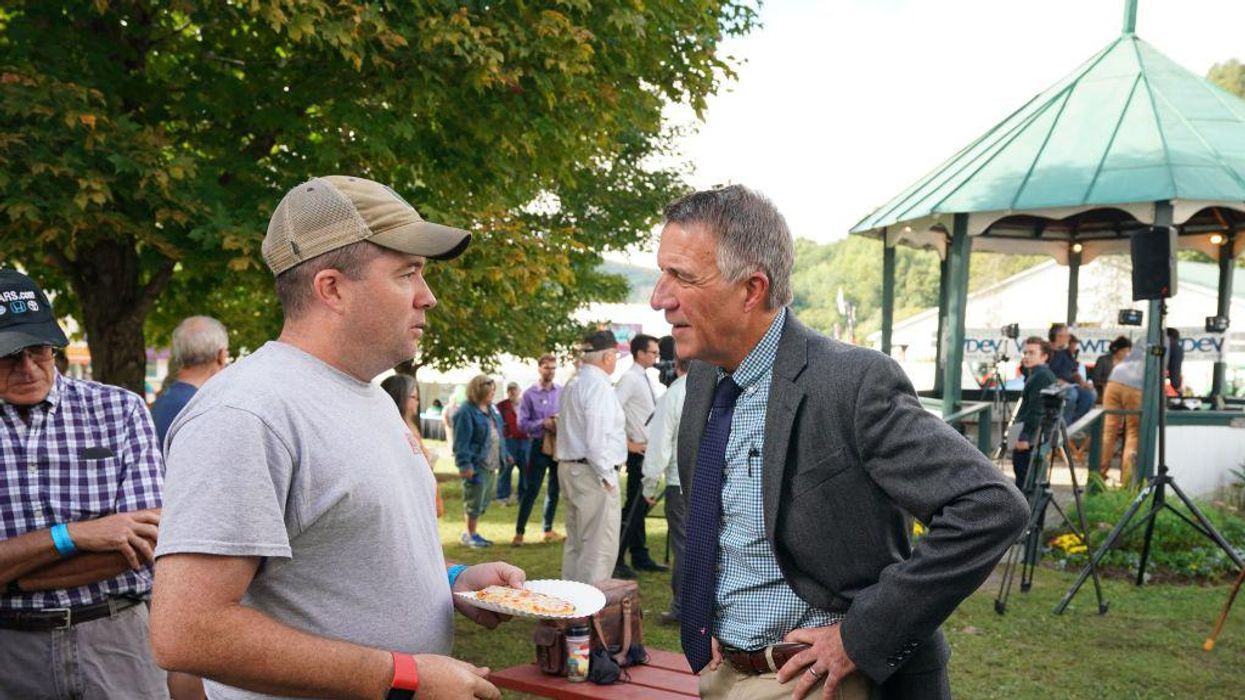The state of Vermont has caused controversy by announcing that access to the COVID-19 vaccine will be opened early along explicitly racial lines, with "Black, indigenous, or a person of color" residents receiving early access to the vaccine, along with anyone in their family.
Vermont Gov. Phil Scott (R) publicized the announcement on Twitter Thursday, saying, "If you or anyone in your household identifies as Black, Indigenous, or a person of color (BIPOC), including anyone with Abenaki or other First Nations heritage, all household members who are 16 years or older can sign up to get a vaccine!"
In an interview with the Burlington Free Press, Vermont Health Department Commissioner Dr. Mark Levine explained that the reason for prioritizing BIPOC individuals for the COVID vaccine is that those individuals are subject to "an almost two-fold risk of hospitalization" if they become sick with COVID-19. He also noted that BIPOC individuals are falling behind white, non-Hispanic Vermonters in vaccination rates.
"It is unacceptable that this disparity remains for this population placed at higher risk," Levine said.
The state has held a number of clinics to this point that were specifically targeted to Vermont's BIPOC community, according to the article, but vaccination rates continue to lag.
While the disparate impact of COVID on minority communities in America has been frequently noted and commented on, medical researchers do not believe that persons of color are inherently or genetically more susceptible to either contracting COVID-19 or to serious complications if they do catch it; rather, they believe that these disparities are due to the fact that persons of color are disproportionately likely to have jobs that place them in more frequent contact with the public and also are more likely to live in crowded areas where COVID spreads more easily. Additionally, they are more likely to suffer from comorbidities that are known to increase the mortality rates of COVID.
Still, the decision to make vaccine access available along explicitly racial lines, rather than along lines that would more accurately capture persons of all races who are especially susceptible to catching COVID and/or suffering severe complications from it, caused many to criticize Vermont's program and question its legality.
In addition to opening vaccination to Vermont's BIPOC community, the latest order also opens vaccination up to individuals who care for children with conditions that compromise their immune system.




